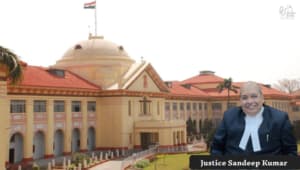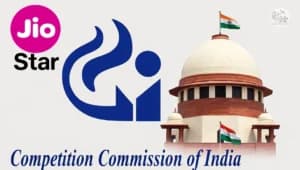The Supreme Court has ruled that in certain cases, granting lumpsum compensation to an employee who has been wrongfully dismissed may be a more appropriate remedy than reinstatement with back wages. The court emphasized that awarding back wages is not an automatic relief, and it depends on several factors, including whether the employee was gainfully employed after termination.
The Supreme Court stated:
"If the employee admits to having alternative employment and provides details of earnings, or if the employer proves that the employee was gainfully employed, then the court has the discretion to decide on the back wages."
The court further noted that when awarding compensation instead of reinstatement, the court must justify its decision by considering the interests of both the employee and the employer.
Read Also :- 26 Principles on Compassionate Appointment: Supreme Court’s Clarification
Case Background
The case in question is Maharashtra State Road Transport Corporation (MSRTC) vs. Mahadeo Krishna Naik.
- Mahadeo Krishna Naik was appointed as a bus driver in 1988.
- On May 10, 1996, a fatal accident occurred involving a collision between a state transport bus and a lorry, resulting in the death of two passengers and injuries to several others.
- Following an inquiry, Mahadeo was dismissed from service in 1997.
- The Labour Court and High Court upheld his dismissal.
- However, the Motor Accidents Claims Tribunal (MACT) ruled that the accident was caused due to the negligence of the lorry driver, not Mahadeo.
Based on this, Mahadeo filed a review petition before the High Court, which was allowed.
Key Issues Considered by the Supreme Court
1. Employer’s Responsibility in Wrongful Dismissal Cases : The Supreme Court clarified that if an employee is wrongfully dismissed, they must be compensated appropriately.
"When an employee is unlawfully removed from service, they should be restored to the position they would have held had the wrongful dismissal not taken place."
Read Also:- Supreme Court Warns: Casual Use of UP Gangsters Act Violates Civil Liberties
2. Determining Back Wages :
- Back wages are not automatically granted.
- The court must assess whether the employee was employed elsewhere after dismissal.
- If the employee remained unemployed, then compensation must be awarded.
3. Criticism of the Employer’s Conduct : The Supreme Court strongly criticized MSRTC for misleading the courts by presenting contradictory arguments.
The court observed:
"The employer presented one version before the Labour Court and a completely different version before the MACT. This is a clear case of 'suggestio falsi' (false representation) and 'suppresio veri' (concealing the truth)."
4. Final Verdict by the Court :
- The Supreme Court ruled that Mahadeo should be awarded 75% of back wages and all terminal benefits.
- Since Mahadeo had already reached retirement age, reinstatement was not feasible.
- MSRTC was ordered to pay the due amount within three months, failing which additional interest would be imposed.















